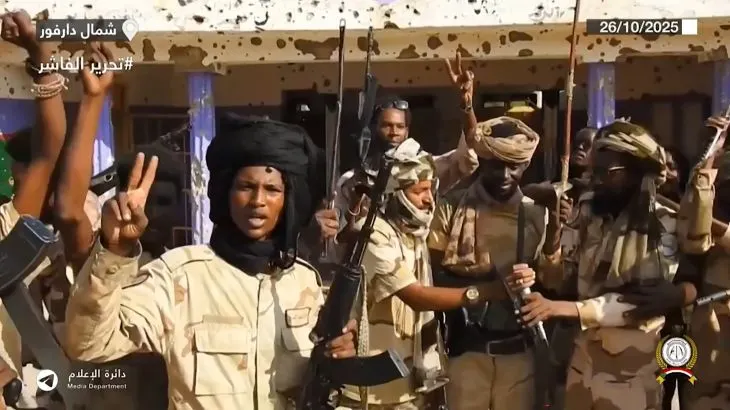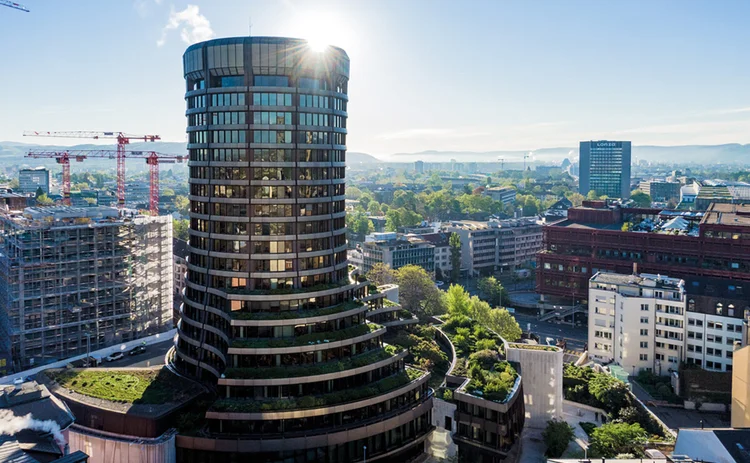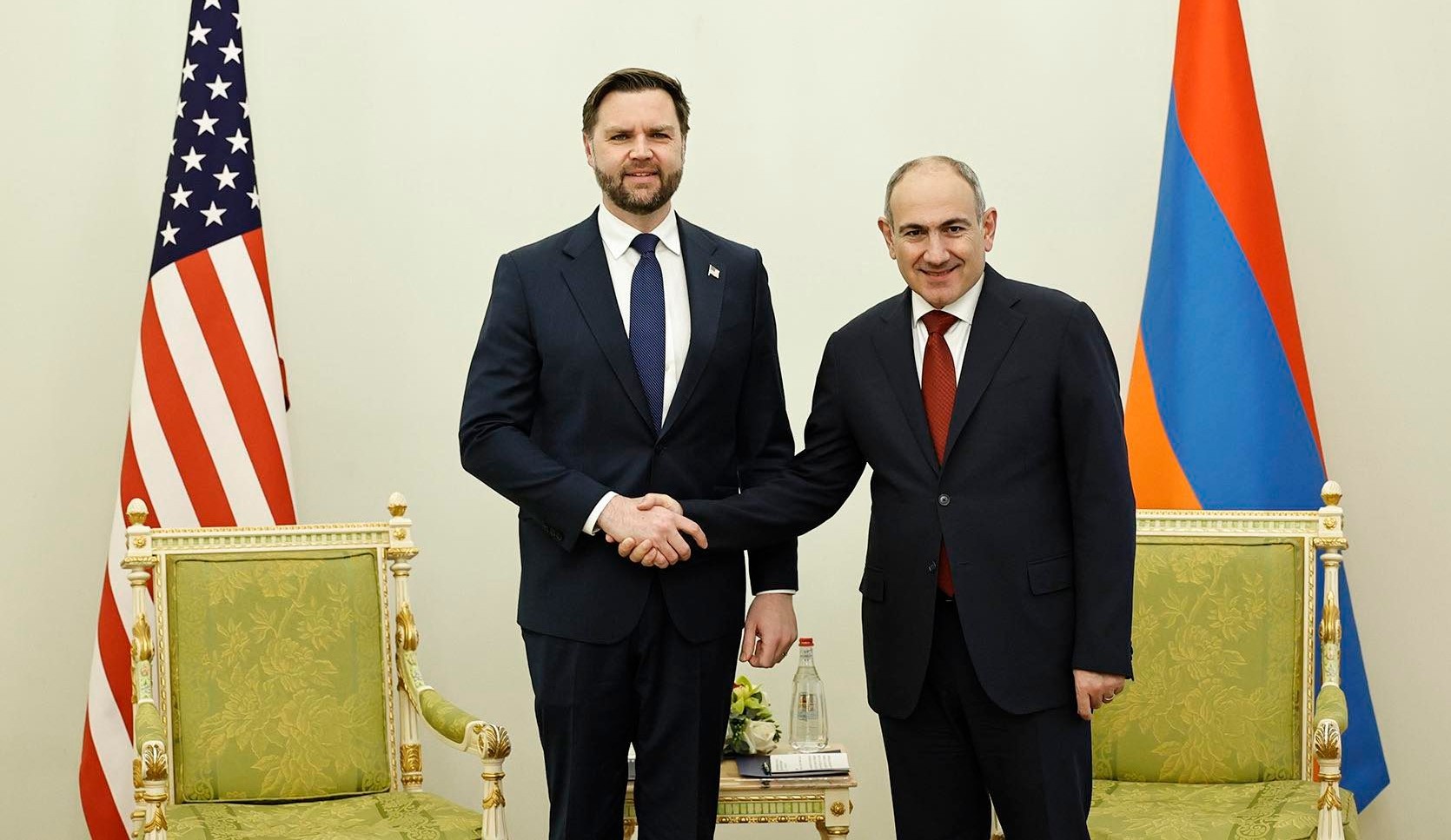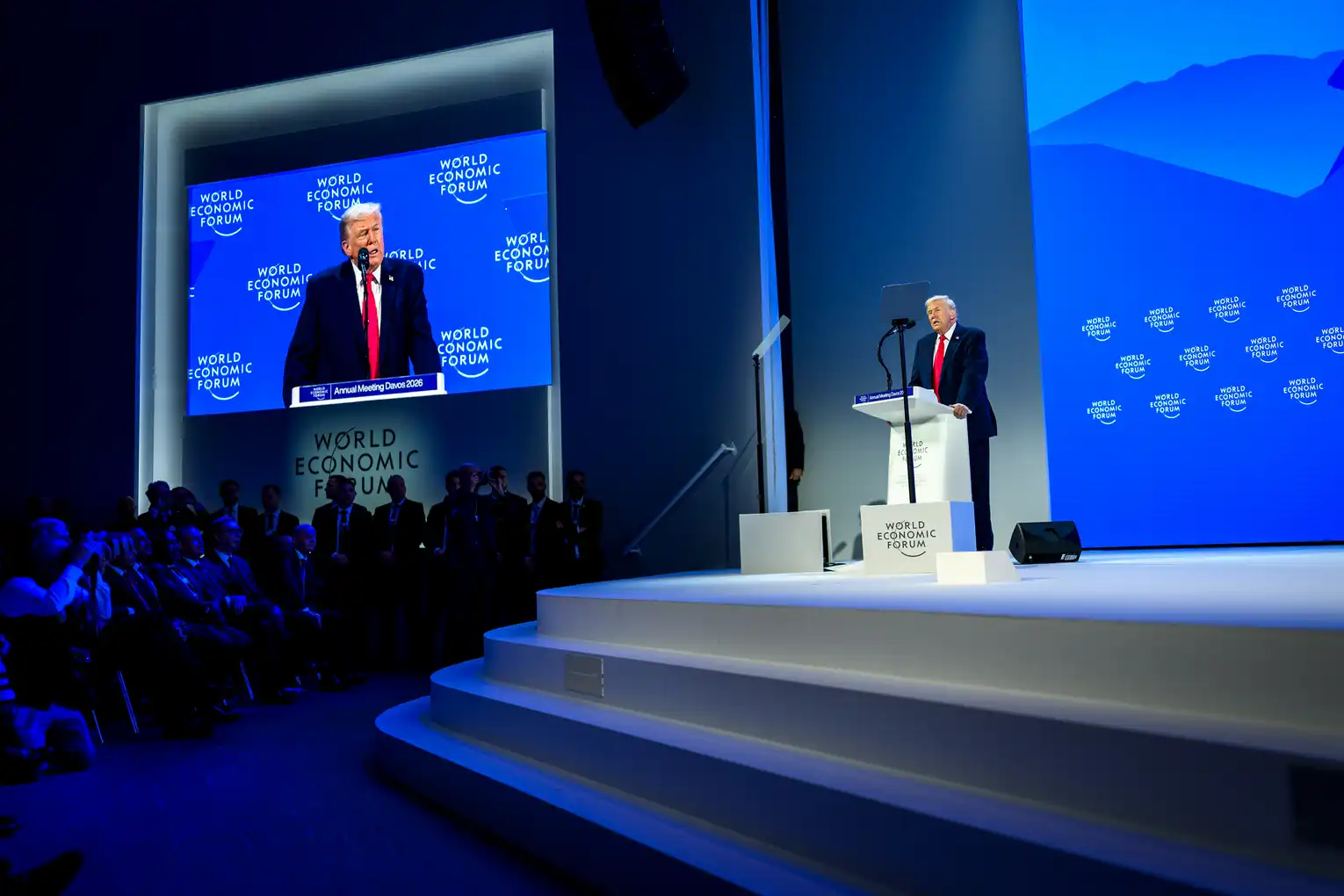Months after Sudan’s decades-old civil war exploded in renewed violence, a proposed roadmap to peace aims to halt the conflict and secure humanitarian aid for millions of desperate refugees.
The plan starts with a 3 month humanitarian pause so aid can reach people in conflict areas, followed by steps towards a permanent ceasefire on both sides. From there, the plan is to facilitate a civilian-led political process of reconciliation, and a compete halt to foreign military support or influence.
The African Union (AUC) and the Intergovernmental Authority on Development (IGAD), which is made up of various African countries to serve one another in any disastrous situation, are taking part in the process of working alongside the so-called “Quad.” The Quad, made up of Egypt, Saudi Arabia, the UAE, and the United States, aims to push Sudan towards a sustainable peace.
Although these same countries support the peace deal, they have also played a role in providing military, financial, and logistical help to the different sides fighting. The countries’ ties to each side make the attempts at reaching a peace deal more complicated.
To understand the urgency behind today’s efforts to bring about a lasting peace, it’s important to look back at Sudan’s internal conflicts throughout its history. Sudan’s first civil war lasted from 1955 to 1972, with an estimated 500,000 to 1 million lives violently ended. While Sudan gained its independence from Britain in 1956, deep political, cultural, and religious divisions persisted between the predominantly Muslim, Arabic-speaking north and the majority Christian, multilingual south regarding Sudan’s future.
The divisions erupted into violence after a new prime minister, General Ibrahim Abboud, took power in 1958, pursuing policies that sought to assimilate the south into an Islamic culture. The conflict pitted the southern Anya Nya rebel group against the Sudanese army for 17 years until the signing of the Addis Ababa Agreement ended the war in 1972 and granted the south a degree of self-government.
The Addis Ababa Agreement brought about 11 years of peace before the second civil war broke out from 1983-2005. President Jaafar Nimeriry reignited tensions by imposing Sharia law across Sudan, directly violating the south’s self-governance and prompting the rise of the Sudan People’s Liberation Army (SPLA). The SPLA and the central government in Khartoum fought for 22 years in a war that killed two million people and displaced millions more.
In 1989, Colonel Omar al-Bashir took power and intensified the spread of Sharia Law across Sudan. In 2002, the US government passed the Sudan Peace Act, which gave the southern Sudanese humanitarian relief while exposing the Bashir regime’s genocidal attacks on the southern people. Ultimately, the war reshaped the country, and South Sudan’s independence was proclaimed on July 9th, 2011.
Before South Sudan’s independence, another civil war broke out in Darfur, located in the western region of Sudan. In 2003, non-Arab ethnic groups in Darfur rebelled under the Sudan Liberation Army (SLA) against the central government in Khartoum, accusing it of political and resource exclusion by attacking the capital of el-Fasher. The al-Bashir regime armed Arab militias called Janjaweed to carry out mass destruction in the region of Darfur, which was later determined to be a genocide.
In 2008, the International Criminal Court (ICC) deemed Bashir responsible for the genocide in Darfur and support for the killing of about 400,000 people and the displacement of 4.7 million, all of whom depended on humanitarian support. Since the beginning of the conflict, the international community has worked on various attempts to reach a peace deal but has constantly failed. Although in 2020 an effort was made for a lasting peace by the Sudanese government, the Justice and Equality Movement (JEM), and the SLA, by 2023, new conflicts have brought violence back into the country.
“Our motivation to return was to implement peace and provide security to our communities,” SLA rebel commander al-Saddiq al-Tom told an Al Jazeera reporter.
In 2013, amidst the Darfur conflict, Bashir, in fear of rebellions in the area, transformed the Janjaweed militia and its commander, Mohamed Hamdan Dagalo, into the Rapid Support Force (RSF) and integrated them into the official military structure of the country.
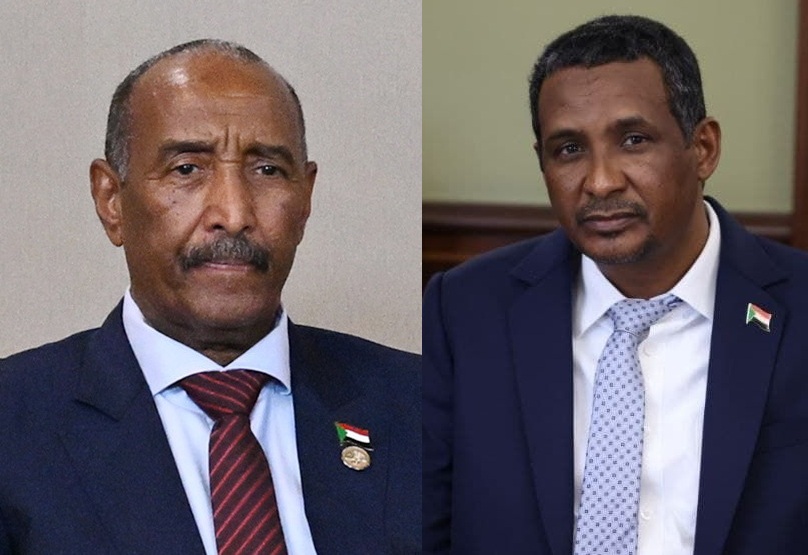
The rise of the RSF
In 2019, the RSF and the Sudanese Armed Forces (SAF), led by General Abdel Fattah al-Burhan collaborated in a coup to overthrow Bashir after 30 years in power. The Forces for Freedom and Change (FFC) arranged a transitional government to steer the country toward stability through Dagalo, Burhan, and the elected civilian prime minister Abdalla Hamdok. This power-sharing agreement did not last long, and eventually the two generals took complete control of the government, removing Hamdok from the picture. This led to large protests, which in turn forced the FFC to create another power-sharing agreement between Burhan and Dagalo.
By 2023, the tension between the two generals escalated when Dagalo’s RSF captured Meroweo airport, airbase, and the SAF military headquarters. In response, the SAF struck the RSF using jets in areas where they were positioned; the fighting quickly spread in various parts throughout the cities of Nyala and el-Fasher. By then, according to one local, the government had strengthened the RSF to the point that they could contest the country’s armed forces led by al-Burhan.
“Each of the two generals wants to rule, and each is afraid of the other,” a local old man told Al Jazeera’s Jérôme Tubiana in a documentary article about the country still at war after more than 20 years.
Foreign support for the RSF and SAF has helped each general continue the battle for control. Countries like Russia, Egypt, Saudi Arabia, and the United Arab Emirates, have been accused of supporting either one of the two groups. Their interest in Sudan is driven in part by its strategic values: the country stands as a geographic link between the Middle East and Africa, and it possesses vast agriculture and gold mining regions. Sudan also ranks among the world’s largest producers of raw materials for cosmetics and pharmaceuticals, and controls approximately 400 miles of the Blue Nile.
The major supporters of the SAF are believed to be Egypt and Saudi Arabia, driven by their own geopolitical and economic interests. For Egypt, maintaining influence in Sudan is closely tied to protecting its access to the Nile River, especially important now as tensions with Ethiopia continue over the Grand Ethiopian Renaissance Dam on the Nile, which Cairo fears will reduce its critical water supply. While Egypt has given the SAF political and military support, Saudi Arabia has given financial and logistical support.
“There are economic benefits to the Saudis being involved in Africa, both in Northern Africa and in sub-Saharan (Africa), where they’re also showing up more and more, but I think also they probably look at some of their competitors being there, and it’s as much being able to keep up with the competition as anything else,” wrote Charles Ray, a former US Ambassador to Cambodia and Zimbabwe in a piece at the Foreign Policy Research Institute.
In support of the RSF, Russia has given arms and military counsel to build low-level influence against the Western presence in Africa, but the UAE is seen as a major supporter of the RSF by providing financial and military supplies through networks in Libya, Chad, Uganda, and Somalia. The UAE’s extensive investments in Sudan reflect its interest in the country’s agricultural and gold resources, which it hopes supplement its oil-based economy. The RSF-UAE connection was formed before this current conflict; RSF troops were sent to assist in Yemen to fight against Ansar Allah.
The first accusation of the UAE’s support for the RSF was made in 2023 by the SAF, but had little impact in the media at the time. The RSF recently broke through the news headlines when they broke through the defenses in the major city of el-Fasher during a conference in London that was being held to try and find a resolution to the two-general conflict.
UAE spokesmen have denied allegations of illegally supporting a belligerent in the war, and stated that their desires are for an immediate ceasefire and civilian-led government.
Currently, the peace deal proposed by the Quad has not been fully accepted by the RSF or the SAF. The chief problem among others comes from both sides’ mistrust of each other to fully implement the roadmap to whatever peace would be agreed upon. The role of their foreign backers, particularly Egypt’s support for SAF and the UAE’s connection to the RSF, adds another layer of difficulty to the Quad’s peace efforts.
“No neutral actor in the Sudanese conflict,” Khalil al-Anani, Professor at Georgetown University, told CNN. “Every party has its own goals and intervenes to pursue its interests. Controlling (Sudan) means holding influence over the entire sub-Saharan region”. WaL
We Humbly Ask For Your Support—Follow the link here to see all the ways, monetary and non-monetary.
PICTURED ABOVE: RSF fighters celebrating following the capture of el-Fasher. PC: RSF social media handout screengrab.
